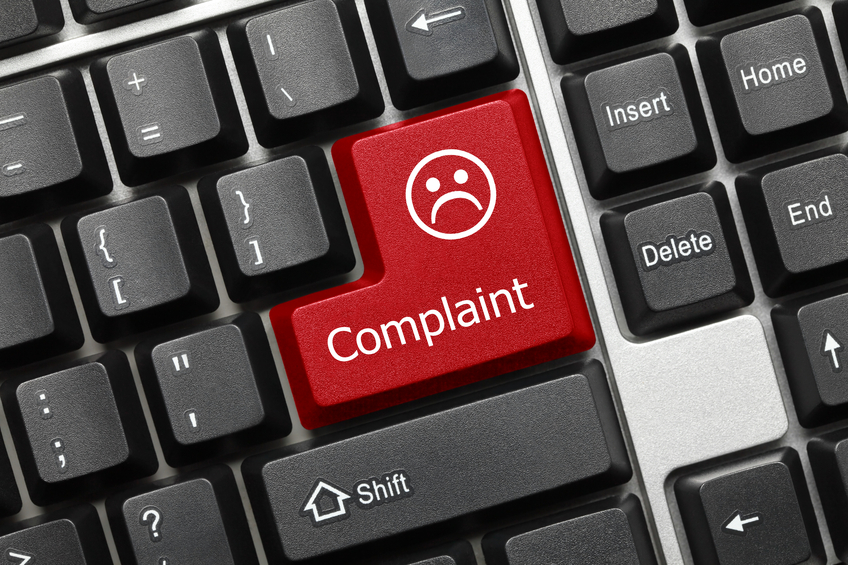Complaints are a normal part of life as an HR manager, no matter how well run your business is. Knowing how to handle complaints well can be a benefit for your sanity and for the happiness and productivity of the entire workforce.
 |
Common types of employee complaints include:
- Problems with coworkers, including personality disputes or feelings of unfair treatment, bullying, harassment, or discrimination;
- Problems with supervisors, such as favoritism, improper disciplinary actions, inconsistent rule enforcement, or discriminatory behaviors;
- Pay problems, like improper deductions, overtime pay not properly recorded and paid, or bonuses not properly paid;
- Safety concerns; and
- Other concerns with working terms and conditions.
Employee Complaint Best Practices
To handle employee complaints well, HR professionals should be aware that all employees need to be treated fairly and consistently. Here are some tips:
- Be sure employees know how to submit complaints or get issues addressed. There may be resolution options they can try before coming to HR—but that will only be helpful if they’re aware of their options. Have a written policy that employees can reference for what to do in case of problems. Also try to help employees to help themselves when appropriate; when possible, determine whether there are ways that employees can resolve situations themselves.
- Take all employee complaints seriously. There’s a risk of legal liability for failure to properly investigate some types of employee complaints. For example, if an employee complains of harassment, and this is not taken seriously, it can mean the employer becomes directly liable for the actions of the harassing employee, because the employer had a reason to know the harassment was occurring and did not take action to stop it.
- Don’t ignore seemingly frivolous complaints. Even if the complaint sounds frivolous on the surface, it’s not frivolous to the employee and it merits attention. Even if a complaint does turn out to be frivolous or based on rumor rather than fact, it’s still worthwhile to treat it seriously. (This is also true for complaints coming from employees who seem to always have something negative to say; it doesn’t mean their complaint has no merit, even if they complain frequently.) Opting not to do so will create an environment where employees don’t feel like they will be heard when they have problems—which can hurt morale and create a situation where one sour employee affects others. Minor situations can quickly escalate if they’re not addressed promptly. It’s also important to recognize that something minor may just be one piece of a bigger problem—it’s always worth looking into.
- Be sure all managers and HR team members are well-versed in company policy. If a complaint arises that deals with policy specifics, it will be crucial to fully understand it. Don’t hesitate to get a second opinion on how a policy is meant to be implemented if you’re not sure.
- Don’t hesitate to work with legal counsel when appropriate, or to get legal advice on anything you’re not clear about. For example, if an employee comes to you with a wage-related complaint, and you’re not sure whether the complaint is valid, consult legal counsel to find out before answering. (Of course, there are any number of examples here, including wages, discrimination, safety, harassment, etc.)
Tomorrow we’ll look at some more best practices when it comes to handling employee complaints.
